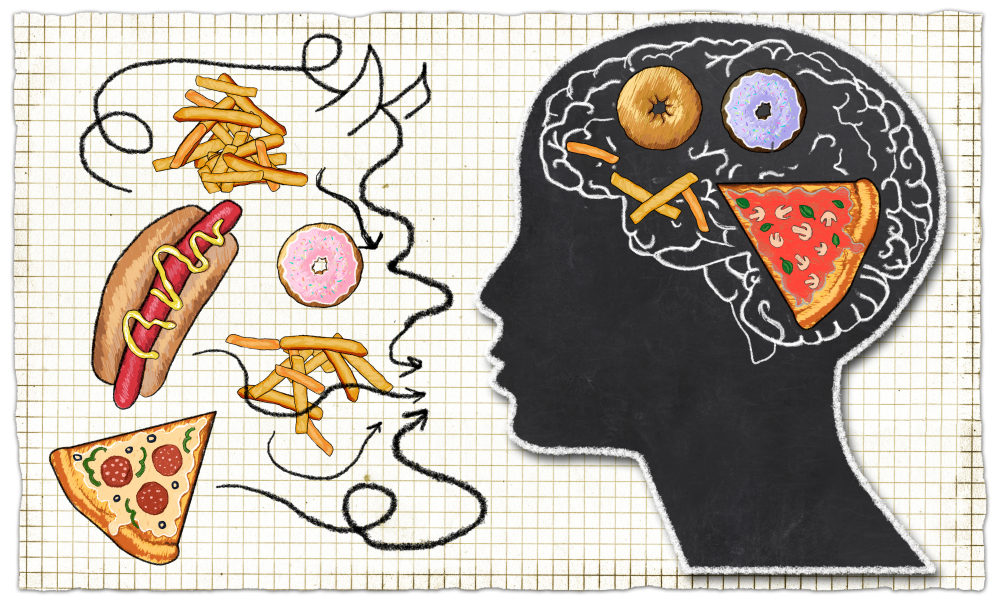- What Exactly Is Overeating?
- Symptoms of Excessive Eating (overeating)
- Here are few simple tips, tricks, and precautions :
- Lie on your left side to sleep.
- Raise the head of your bed.
- Ginger can be used to soothe an upset stomach.
- Take a walk before going to bed.
- Put on a pair of loose, comfortable pajamas.
- Make the most of your sleeping space.
- Consume antacids.
- Avoid drinking alcohol or caffeinated beverages close to bedtime.
- Allow 3 hours between meals and bedtime.
- Give up smoking.
- Tips
- How to Stop Eating Too Much
- Is it possible that I’m overeating without realizing it?
What Exactly Is Overeating?

Overeating is defined as consuming more calories than your body requires for energy. People overeat for a variety of emotional or psychological reasons, including boredom, anxiety, depression, or stress.
To determine whether you’re eating too much, first review the recommended daily calorie intake for your weight, age, metabolism, level of physical activity, and gender. A 150-pound woman who works out regularly, for example, requires more calories than a woman of the same size who rarely exercises. Check out the most recent Dietary Guidelines for Americans to figure out how much is right for you.
Obesity, heart disease, high blood pressure, and high cholesterol are all consequences of overeating. That is why it is critical to control your food portions.
Symptoms of Excessive Eating (overeating)
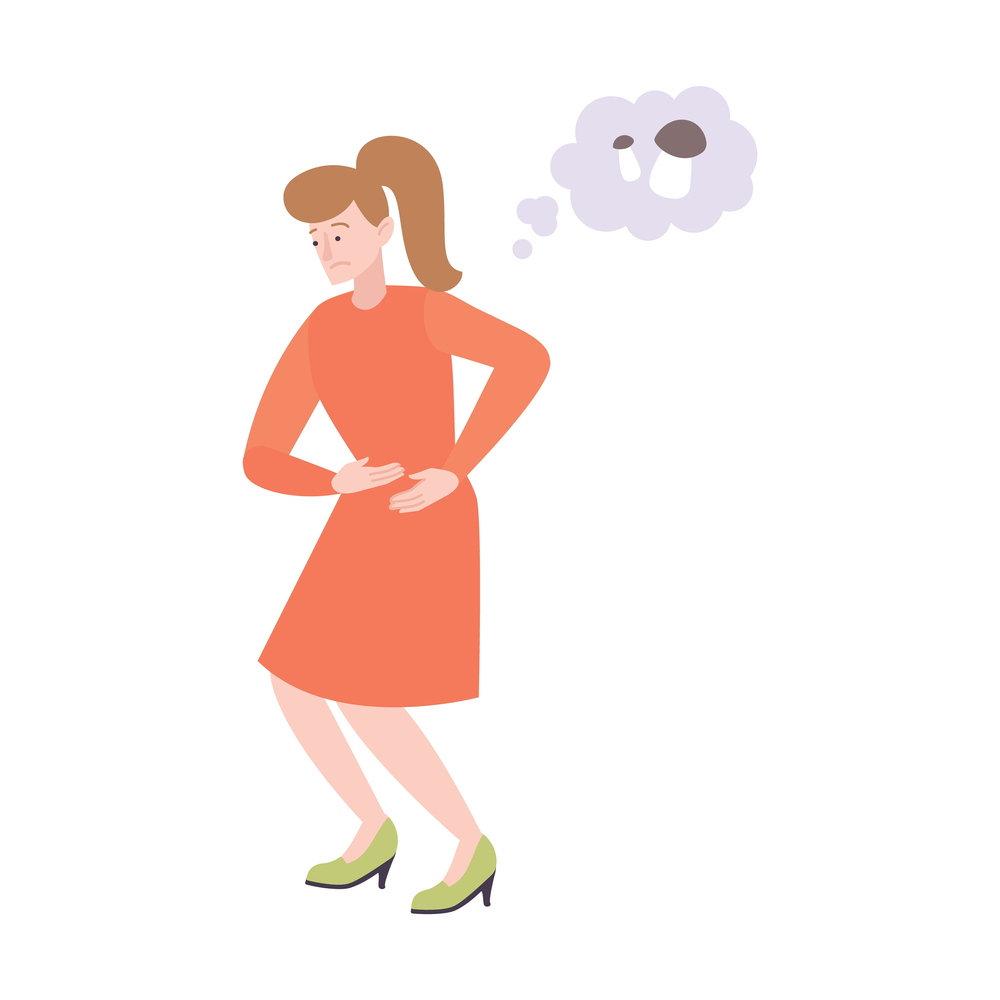
Consider how you feel after eating. Are you feeling suffocated and bloated? Overeating is characterized by stomach discomfort, such as feeling gassy and/or swollen. You may also feel embarrassed or distressed after finishing a meal if you overeat. Overeaters may believe they have no control over what and how much they eat. A history of failed diets may also indicate that you have a problem with overeating.
Overeating on a regular basis could indicate a binge eating disorder (BED). Eating faster than usual, eating until you’re uncomfortably full, eating alone frequently, or consuming large amounts of food when you’re not hungry are all common symptoms of BED.
If you frequently notice signs that you’ve eaten too much, working with your doctor or a dietitian to create a healthier meal plan may be beneficial.
You’ve changed into your PJs, turned off the lights, and are all set for bed—but your stomach has other ideas. After a large meal or late-night snack, general discomfort, acid reflux, and heartburn can be frustrating obstacles. Don’t be concerned! You can improve your chances of catching some zzzs by following a few simple tips, tricks, and precautions.
Here are few simple tips, tricks, and precautions :
Lie on your left side to sleep.
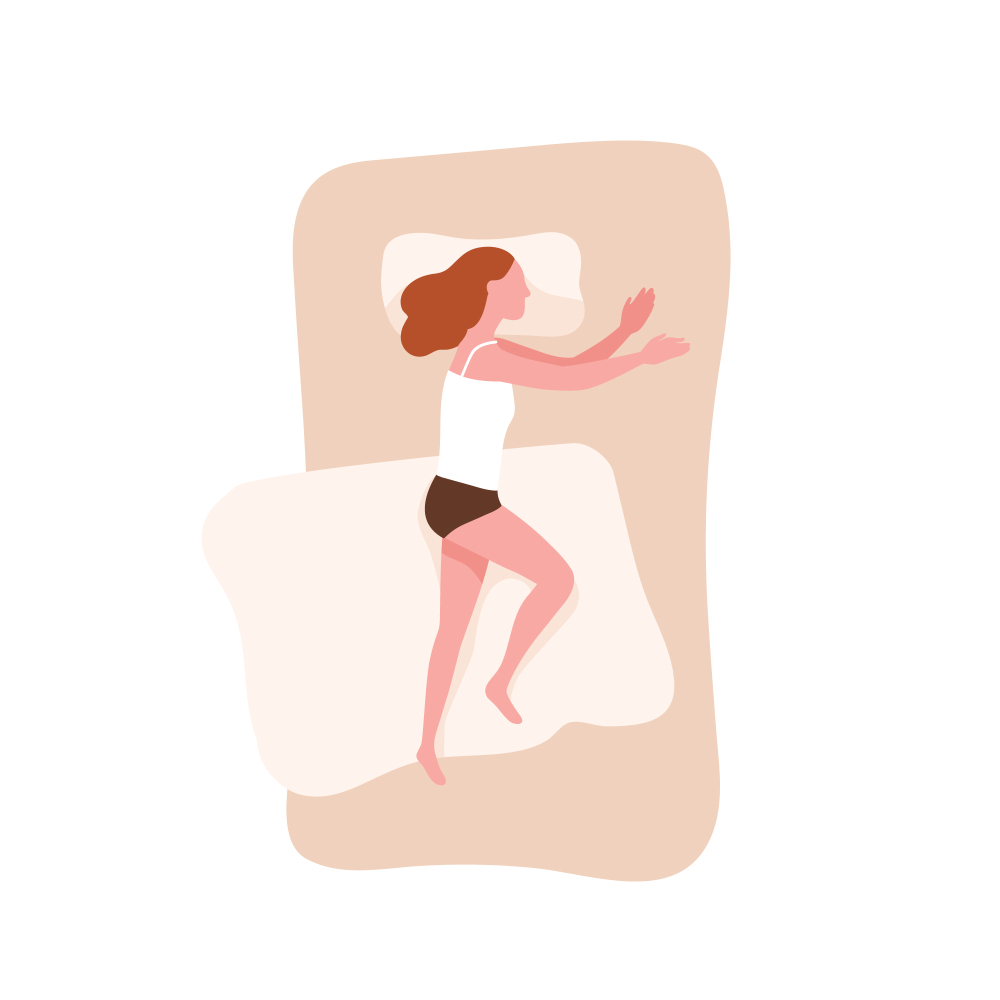
If you sleep on your left side, you are less likely to experience gastroesophageal reflux (GER). Participants in one study reclined on both their right and left sides. Individuals noticed that when they were on their left side after reclining, they had fewer GER issues.
According to research, sleeping on your right side aggravates heartburn.
Raise the head of your bed.
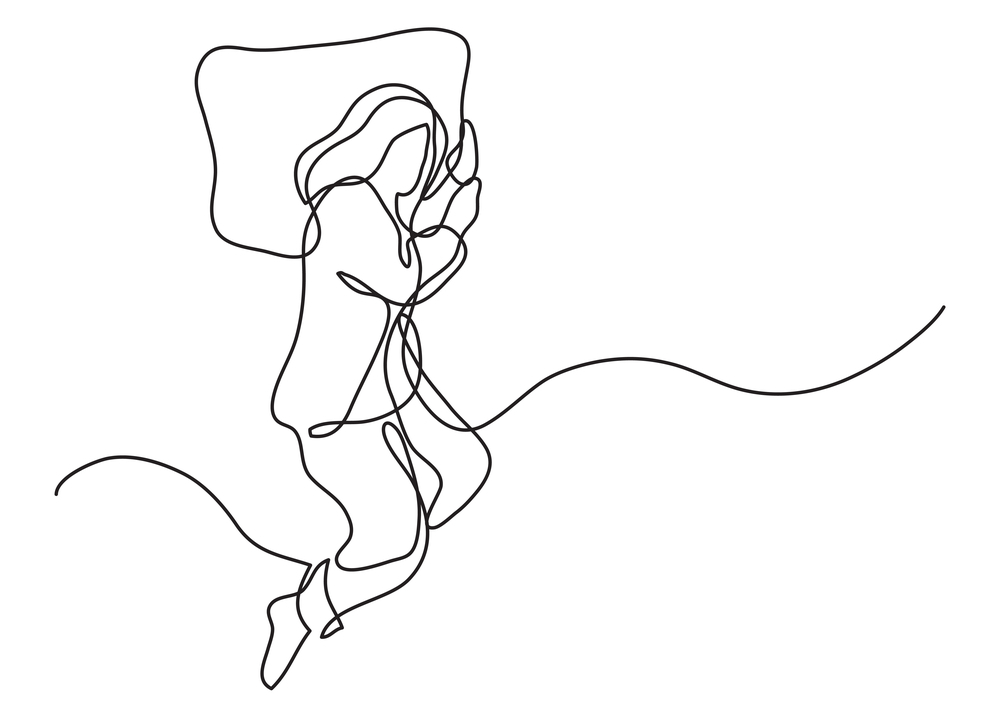
Heartburn can be avoided by raising your bed by 6 inches (15 cm). Place foam blocks securely under your back bedposts to raise the head of your bed, or slip a foam wedge directly under your pillow to accomplish this.
Ginger can be used to soothe an upset stomach.

Ginger soothes an upset stomach. Chew some freshly grated ginger or drink some ginger tea. Ginger root has been shown in studies to relieve nausea and vomiting, as well as having anti-inflammatory and antiulcer properties.
Ginger chews, ginger candy, and ginger ale are also excellent choices.
Take a walk before going to bed.
Light exercise can make you feel a little more at ease. You don’t have to do a full workout; a short, slow walk around your house may help alleviate some of the discomfort caused by digestion. A light stretching session may also help you feel better.
To do a basic shoulder stretch, cross your arm across your chest.
Tilt your head forward and to the right. Then, with your right hand, gently lower your head. Hold this position for 30 seconds to stretch your neck, then switch sides.
Put on a pair of loose, comfortable pajamas.
Wear loose-fitting shirts or tops to bed. Tight clothing can put pressure on your stomach, causing heartburn. Choose a loose pair of nightgowns that will not constrict you in any way.
Make the most of your sleeping space.
Make your bedroom as dark and relaxing as possible. Close all of your curtains or blinds so that no light can enter your home through the windows. Then, set the thermostat to somewhere between 54 and 74 degrees Fahrenheit (12 and 23 degrees Celsius) so you can sleep comfortably.
Making your bed every day, according to expert research, can improve your sleep.
Consume antacids.
Antacids provide a quick fix for heartburn. If you’re having trouble falling asleep, take this over-the-counter medication as needed. However, don’t take it every night—too much magnesium-based antacid can cause diarrhea, while too much aluminum- or calcium-based antacid can cause constipation.
Check the label to see which type of antacid you have.
Avoid drinking alcohol or caffeinated beverages close to bedtime.
Caffeine and alcohol make it difficult to fall and stay asleep. Caffeine is a stimulant that can leave you wired and awake. Alcohol may make you feel drowsy, but it will keep you from falling asleep deeply.
Allow 3 hours between meals and bedtime.
After a meal or snack, your body requires time to digest. When you go to bed, your body automatically slows digestion, which can cause discomfort if you have just eaten a large meal or snack. Instead, try to wait at least 3 hours before going to bed—it will be much easier to fall asleep this way.
It can be tempting to take a nap immediately following a large meal or snack. Try to resist this urge—your digestive tract will thank you!
Give up smoking.
Heartburn can be caused by nicotine. Nicotine, a major component of tobacco, relaxes the valve between your stomach and esophagus, resulting in severe heartburn. If you use tobacco products frequently, consider cutting back or quitting entirely.
If you’re trying to quit smoking, support groups and counseling are excellent resources.
Tips
Certain foods, such as mint and chocolate, relax the valve between your stomach and esophagus, resulting in increased heartburn.
How to Stop Eating Too Much
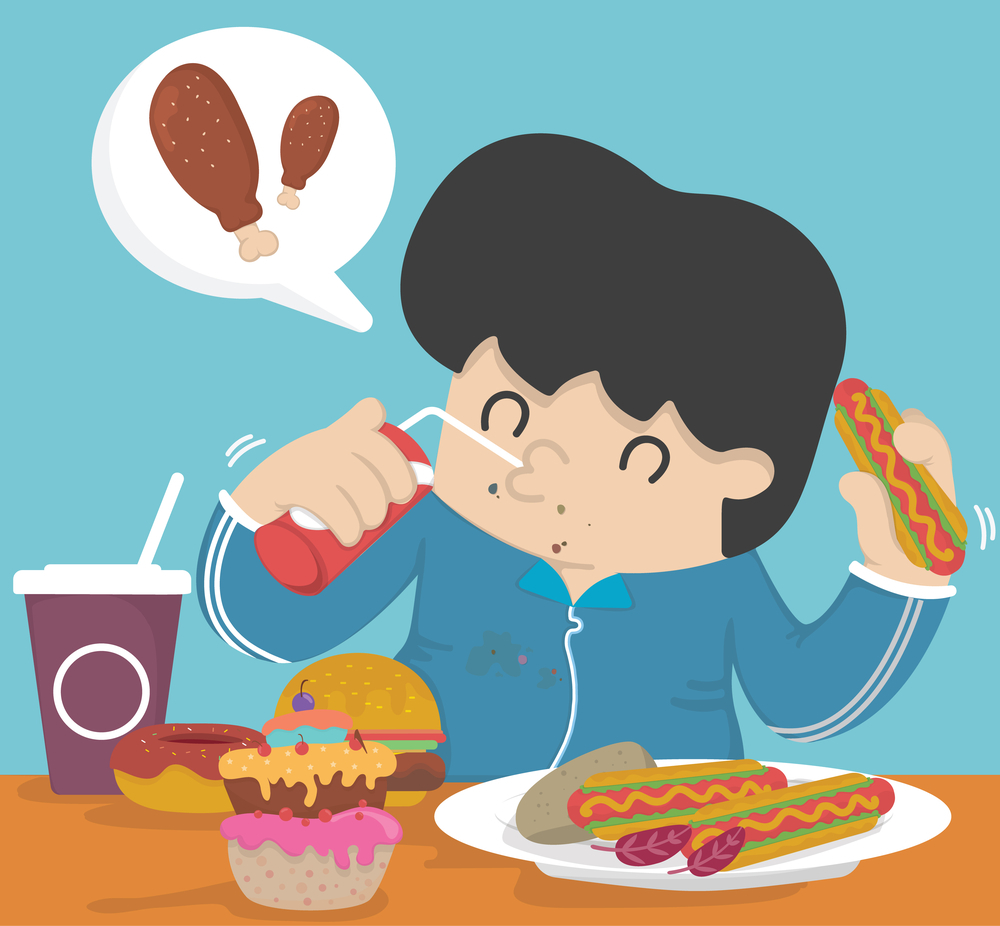
Now that you’ve answered the question, “Am I overeating?” it’s time to take action. Keeping track of what you eat is a good place to start. To help control your food portions, keep track of your meals and snacks, including when, why, and how much you eat. The National Institute of Diabetes and Digestive and Kidney Diseases (NIDDKD) recommends reading food labels and keeping a food tracker to check calories per serving. This tracker can be saved to your phone, an online calendar, or a notebook. It will assist you in discovering the specifics of your eating habits and tracking your progress.
The NIDDKD offers the following tips for portion control at home:
Consume one serving, as directed by the food label or recipe.
Slowly chew your food to send a signal to your brain that your stomach is full.
To help you eat and drink less, swap out large plates and glasses for smaller ones.
Fill your plate with mostly low-calorie and low-saturated-fat foods.
Eat at the same times every day — eating at different times or skipping meals may result in overeating later in the day.
Also, keep an eye on your portions at restaurants, which tend to serve more food than you require.
Share a meal with a friend, avoid buffets, forego the bread and chips, or simply select healthier, lighter menu options.
Is it possible that I’m overeating without realizing it?
Because you’re distracted while watching a TV show or a movie, experts say it’s easy to overeat. To avoid overeating, the Centers for Disease Control and Prevention recommends putting a serving of food or snacks in a container before you begin watching. Avoid snacking directly from a bag or package.
Also Read: How to Stop Talking to Yourself in Your Head? – V Cure (vcurehealthcare.com)

